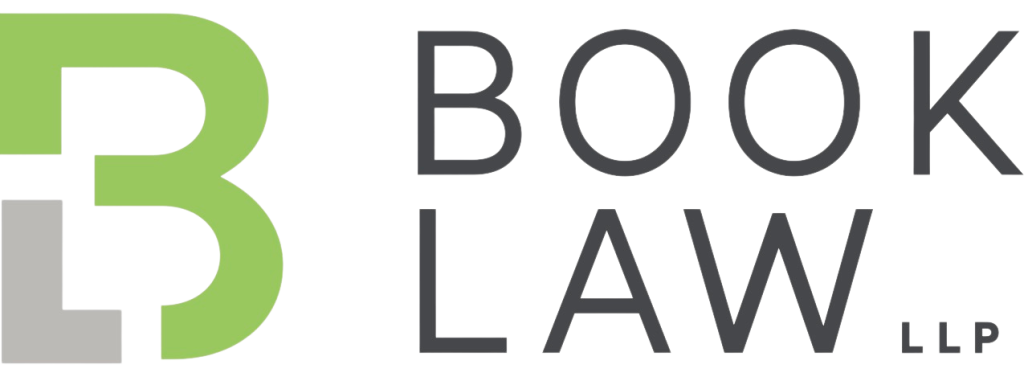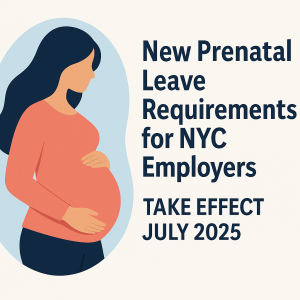On September 8, 2020, the Equal Employment Opportunity Commission (“EEOC”) updated its technical assistance document, which includes Q&As on COVID-19 and its impact on federal discrimination laws such as the Americans with Disabilities Act (“ADA”). The EEOC added 18 Q&As in this document by incorporating information sourced from the EEOC’s Pandemic Preparedness in the Workplace document and a previously-held EEOC webinar. For the most part, the additional guidance addresses questions regarding screening and testing for COVID-19 before entering/returning to the workplace, maintaining confidentiality of medical information, and handling reasonable accommodation requests to telework (see A.6, A.8-14, B.5-8, D.14-16, D.18, F.2, and H.2).
Some highlights from the Q&As are as follows:
- An employer may request that a particular employee (as opposed to a group of or all employees as a whole) undergo screening or testing procedures as long as the employer has a “reasonable belief based on objective evidence” that such employee may be COVID-19 positive. (Q&A A.9.)
- If an employee refuses to have his or her temperature taken or to answer COVID-19 screening questionnaires, the employer is legally permitted to deny that employee entry to the workplace. The employer may ask the employee to provide his or her reason(s) for declining the screening procedures. If the employee seeks a reasonable accommodation with respect to the screening procedures, the employer must follow the usual ADA procedures, starting with engaging in an interactive process with such employee. (Q&A A.11.)
- If an employee returns to work after traveling during the pandemic, the employer need not wait until such employee develops COVID-19 symptoms before asking questions about that employee’s recent travel(s), even if the travel was personal. (Q&A A.14.)
- Employers at all times are obligated to maintain the confidentiality of their employees’ medical information, including any symptoms or diagnosis of COVID-19. In specific situations that may arise involving COVID-19 or any medical condition, the EEOC provides the following guidance:
-
- If a manager learns that an employee has symptoms or a diagnosis of COVID-19, the manager is permitted to report such facts to the appropriate persons at the employer.
- An employee who learns that another employee has symptoms of COVID-19 is permitted to report such fact to the appropriate supervisors.
- Employers are not permitted to disclose the identity of an employee with symptoms or a diagnosis of COVID-19to the employee’s other coworkers, even when engaging in contact tracing.
- Employers should instruct anyone who knows the employee’s identity to keep the information confidential.
- Employers may disclose that an employee is teleworking or on leave, but not the reason why, if the reason is due to any medical condition including any reason related to COVID-19.
- Employers should plan for these situations in advance by setting policies and procedures that maintain the confidentiality of their employees’ medical information.
- Employers are obligated to maintain the confidentiality of employees’ medical conditions even when supervisors, managers or employees are teleworking.
(Q&A B.5, 6, 7 & 8.)
- If employers have started to bring employees back from teleworking into the workplace, they are not required to grant automatically the requests of employees who seek to continue teleworking. Employers faced with such requests:
-
- must consider the request as a reasonable accommodation if there is a disability-related reason;
- may offer an alternative reasonable accommodation;
- should consider the success or failure of the employee’s remote work over the past few months in evaluating the request; and
- may deny the request if the employee is needed to perform an essential function in the workplace.
(Q&A D.15 & 16.)
While the pandemic continues, employers should continue to follow federal, state and local guidelines to maintain a safe workplace, and should continue to be as flexible and creative as possible with handling reasonable accommodation requests.
If you have additional questions or concerns about the EEOC’s Q&As or other COVID-19 and ADA-related issues in the workplace, please contact Chaim Book at cbook@mb-llp.com or Sheryl Galler at sgaller@mb-llp.com.

